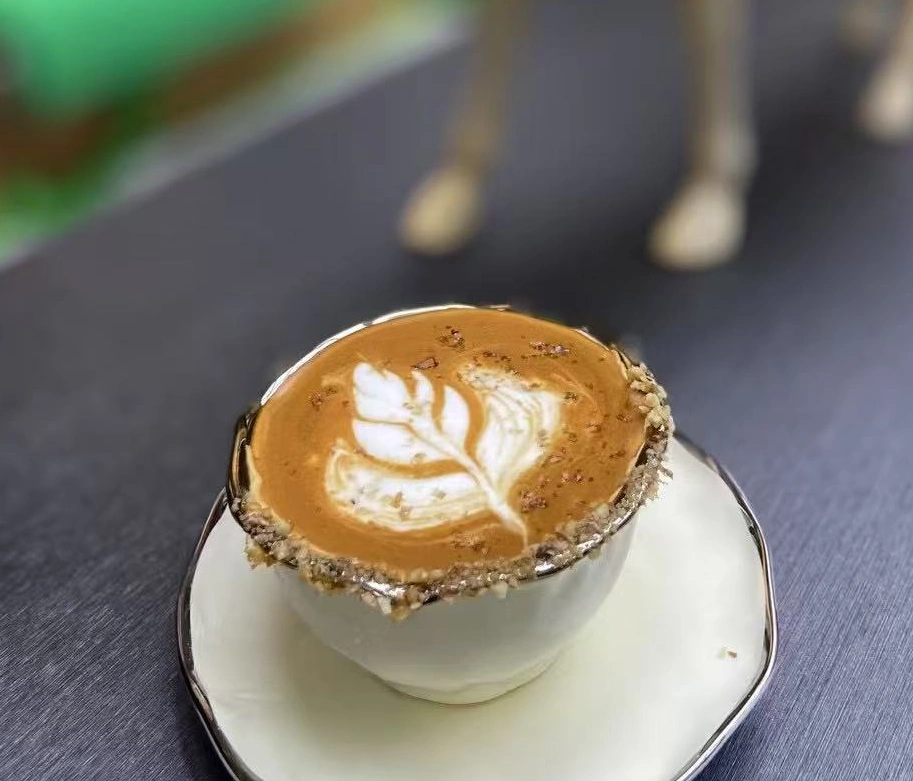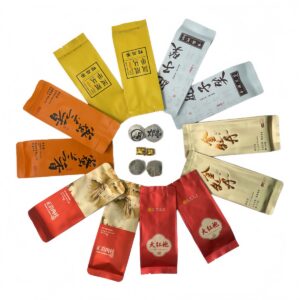Choosing between black tea and coffee often comes down to the type of caffeine “kick” you want. Coffee delivers a quick spike of energy thanks to its higher caffeine content, while black tea offers a gentler, longer-lasting lift—thanks in part to L-theanine—and brings additional antioxidant and hydration benefits. Understanding each beverage’s caffeine content, absorption rate, health pros and cons, and brewing methods will help you pick the perfect cup for your mood and needs.
1. Introduction
Caffeine is the world’s most widely consumed psychoactive substance, and people turn to coffee and black tea daily for that needed energy boost and mental clarity. While both drinks come from the same plant family, their caffeine profiles differ significantly, affecting how you feel and function. In this article, we’ll compare black tea vs coffee caffeine—covering content per cup, absorption speed, health advantages and drawbacks, and practical brewing tips.
2. What Is Caffeine?
Caffeine is a natural stimulant (1,3,7-trimethylxanthine) that blocks adenosine receptors in the brain, reducing tiredness and increasing alertness. It occurs naturally in coffee beans, tea leaves, cacao, and other plants. The unique combination of caffeine and other compounds—like L-theanine in tea—shapes the overall experience of each drink.
3. Caffeine Content: Black Tea vs Coffee
- Coffee: An 8-oz (240 ml) cup of brewed coffee contains about 90–95 mg of caffeine on average.
- Black Tea: The same serving size of black tea has roughly 45–50 mg of caffeine.
Factors such as bean or leaf variety, roast level, and brewing time can sway these numbers by ±20%.

4. How Caffeine Works: Absorption & “Crash”
4.1 Absorption Rate
Coffee’s caffeine is absorbed rapidly in the gut, peaking in your bloodstream about 30–60 minutes after drinking. Black tea, by contrast, releases caffeine more slowly, partly due to L-theanine’s moderating effect.
4.2 The “Crash” Factor
A high caffeine spike—like from coffee—can be followed by a notable energy crash 3–5 hours later, causing fatigue or irritability. Black tea’s lower dose and L-theanine synergy tend to smooth out the energy curve, reducing jitters and crashes.
5. Advantages of Black Tea Caffeine
5.1 Sustained Energy
A cup of black tea provides a gentle, steady lift that can last 4–6 hours without the steep peaks and valleys of coffee.
5.2 Cognitive Focus
L-theanine in tea promotes alpha brain waves, improving focus and calmness, working in tandem with caffeine for a clear but relaxed mindset.
5.3 Lower Acidity
Black tea’s pH (around 4.9–5.5) is less acidic than coffee (around 4.5), making it gentler on sensitive stomachs and less likely to cause heartburn.
5.4 Antioxidants & Health
Rich in flavonoids (theaflavins, thearubigins), black tea supports heart health, circulation, and metabolic function.
5.5 Hydration Benefits
Tea contributes to daily fluid intake better than coffee, which has mild diuretic effects, helping maintain hydration without counterproductive water loss.
6. Drawbacks of Coffee Caffeine
6.1 Rapid Spike & Jitters
Coffee’s higher caffeine content often leads to rapid over-stimulation, resulting in shakiness or anxiety for sensitive individuals.
6.2 Higher Acidity
With a lower pH, coffee can irritate the digestive tract, exacerbate acid reflux, and contribute to enamel erosion.
6.3 Overconsumption Risks
Exceeding 400 mg of caffeine daily (roughly four cups of coffee) may lead to insomnia, increased heart rate, and headaches.

7. Choosing Your Caffeine Source
- For Quick Energy: Coffee is ideal when you need a fast, strong burst—before a workout or for early morning alertness.
- For Steady Focus: Black tea suits study sessions and long meetings, offering mental clarity with less stress.
- Gastro-Friendly Option: If you’re prone to heartburn, black tea’s lower acidity can be kinder.
- Flavor & Ritual: Personal preference and the enjoyment of brewing rituals (espresso pull vs tea steep) often guide our choice.
8. Brewing Tips
8.1 Coffee
- Grind Size & Method: Fine grind for espresso; medium-coarse for pour-over.
- Water Temperature: 90–96 °C yields optimal extraction.
- Brew Ratio: About 1 gram of coffee per 15 ml of water.
8.2 Black Tea
- Leaf Quality: Use whole-leaf loose tea when possible for fuller flavor.
- Water Temperature: 95–100 °C to avoid bitterness.
- Steeping Time: 3–5 minutes; adjust to taste.
- Leaf-to-Water Ratio: 2–3 g per 150 ml water.
9. Common FAQs
Q1: Which has more caffeine—coffee or black tea?
Generally, coffee has about twice the caffeine of black tea per cup, though preparation can narrow the gap.
Q2: Can I mix coffee and tea?
Yes—“dirty chai” (tea with espresso) and other coffee-tea blends combine effects and flavors.
Q3: Is black tea better for sleep than coffee?
Drinking black tea in the afternoon reduces the risk of nighttime sleep disruption compared to coffee.
10. Conclusion & Call-to-Action
Ultimately, black tea vs coffee caffeine isn’t about “better” or “worse,” but matching your beverage to your lifestyle and tolerance. If you crave a sharp, quick boost, coffee’s higher caffeine is unbeatable. If you prefer a smoother, longer-lasting lift with gut-friendly acidity and antioxidant perks, black tea is your go-to. Ready to experiment? Try a week of black tea mornings and notice the difference in your focus and energy balance. Then switch to coffee for a day of rapid-fire alertness. Compare your experience and find your perfect caffeine companion!



